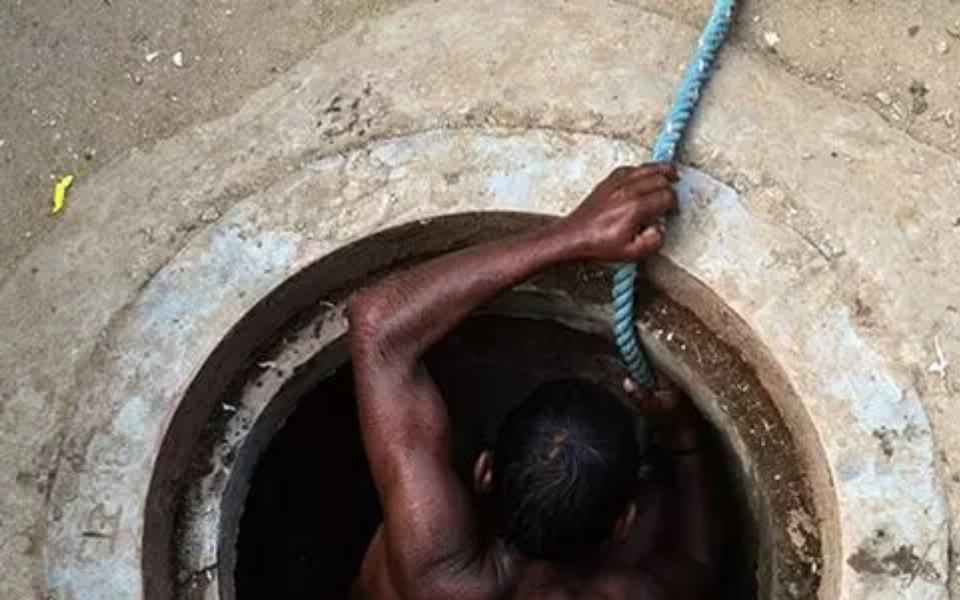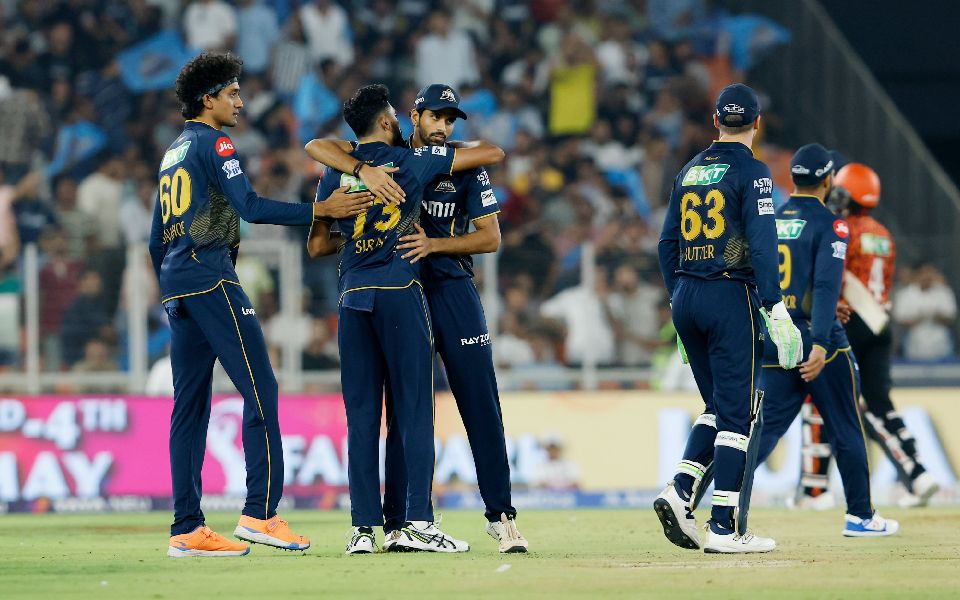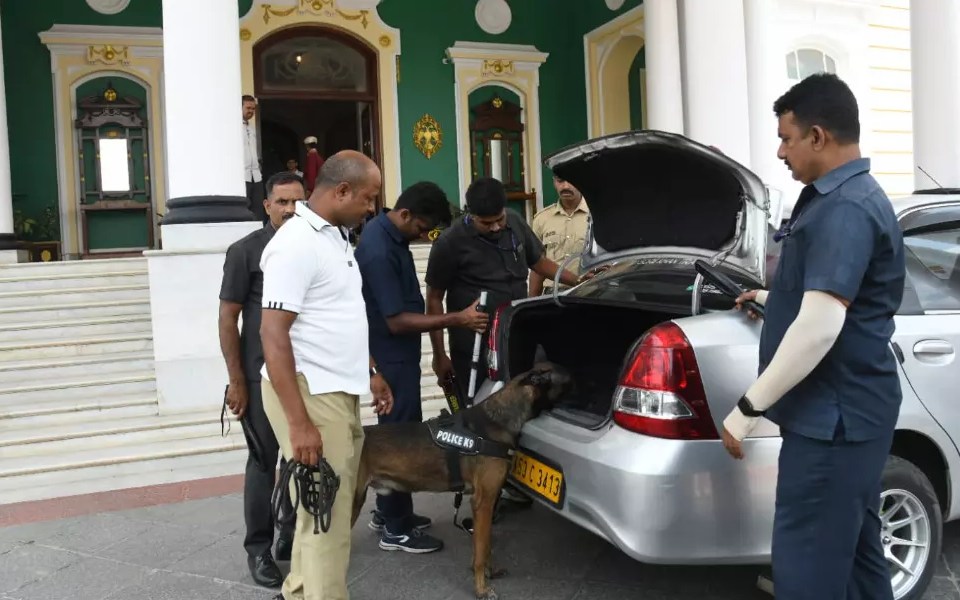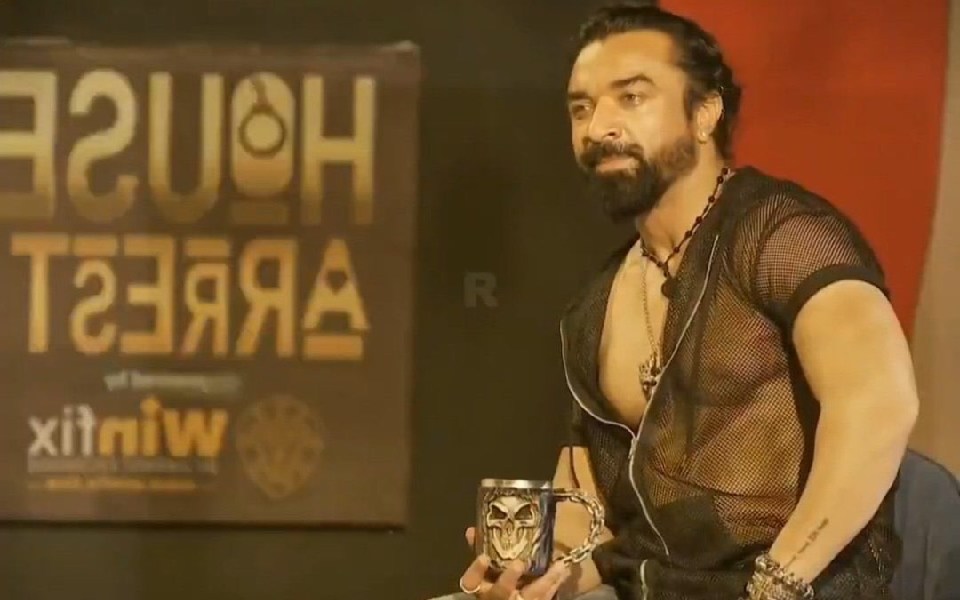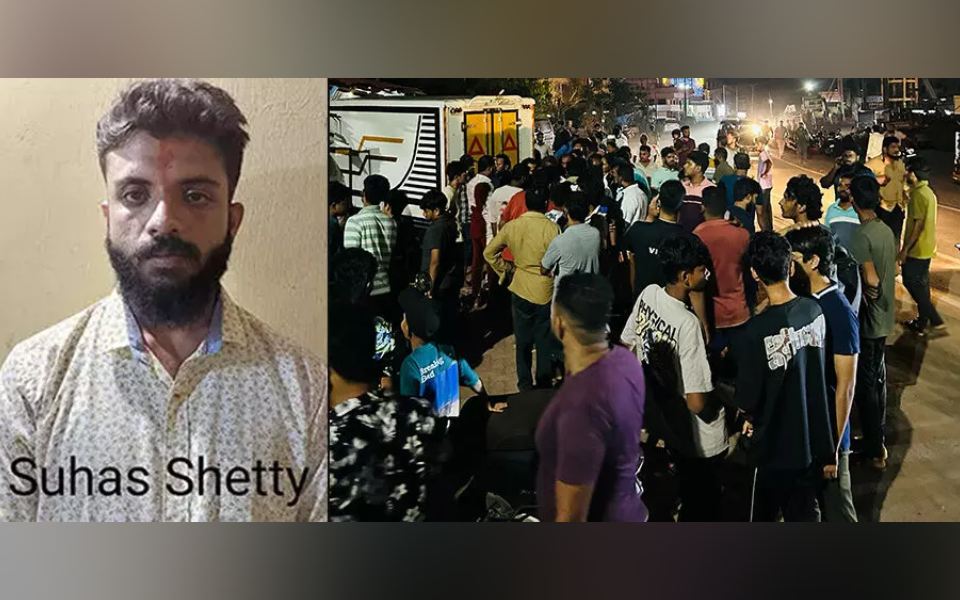Ahmedabad, Jan 3: The Gujarat High Court on Wednesday pulled up the state government over the non-payment of compensation to the kin of 16 sanitation workers who died during manual scavenging between 1993 and 2014 and directed it to explain the reason in an affidavit.
The court of Chief Justice Sunita Agarwal and Justice Aniruddha P Mayee also wanted to know from the state what steps it has taken to adopt the 2013 anti-manual scavenging law, and whether the government was in a position to do away with the practice or still taking the help of sanitation workers for it.
The court was hearing a public interest litigation (PIL) filed by Ahmedabad-based NGO Manav Garima, seeking the implementation of the Prohibition of Employment as Manual Scavengers and their Rehabilitation Act, 2013.
When the petitioner's lawyer informed the court that the family members of 16 deceased manual scavengers were yet to be paid the compensation as per the Supreme Court guidelines, the court pulled up the government and said the latter could not go on making payments to some and leaving out the others.
It directed the principal secretary of the urban development and urban housing department to file his personal affidavit to bring on record the reasons for non-payment of compensation to the families of the 16 workers whose names were included in the list of deceased submitted by the petitioner.
The court also took note of another recent incident of manual scavenging in Bhavnagar city where a sanitation worker of the civic body died of asphyxiation while another suffered serious injuries after entering a sewage tank on the campus of the Central Salt and Marine Chemicals Research Institute (CSMCRI) on November 10, 2023.
It permitted the petitioner to implead the civic body as a respondent with a direction for it to file an affidavit to bring on record details concerning the incident. The court also directed the principal secretary to submit a report regarding the same.
"This is not hide and seek, let us be clear about this. If the list (of victims) was there ..you have to give at least this much explanation as to why you have not paid them, reason has to be there," the Chief Justice observed.
"What steps have you taken to adopt the zero manual scavenging policy ...have you got the requisite machines, are you in a position to do away with manual scavenging, or are you still taking help of these people ..we want a clear answer," she asked.
In a civil application filed in April last year in connection with a 2016 PIL, the petitioner claimed that the government had failed to implement the provisions of the 2013 law that prohibits manual scavenging and sought its direction for its proper implementation.
The high court had in 2016 directed the government to pay Rs 10 lakh compensation to the families of each of the deceased manhole workers on the PIL by the NGO. The Supreme Court had in its order in October 2023 raised the compensation amount to Rs 30 lakh in case of deaths and disabilities due to manual scavenging.
When the NGO moved the plea in April 2023, families of 26 out of 152 manhole workers who died between 1993 and 2014, and 16 workers who died after the filing of the main petition in 2016, were not paid compensation by the government, it claimed.
In the meanwhile, the government paid compensation to some but left out 16 which was brought to the notice of the court on Wednesday.
Despite section 7 of the 2013 Act prohibiting local authorities or their agencies to engage people for hazardous cleaning of sewer in underground drainage lines or septic tanks, they have continued to do so, causing several deaths, the petitioner said.
Let the Truth be known. If you read VB and like VB, please be a VB Supporter and Help us deliver the Truth to one and all.
Ahmedabad, May 2 (PTI): Gujarat Titans inched closer to sealing a playoff spot with a 38-run win over Sunrisers Hyderabad in their IPL match here on Friday.
Invited to bat, skipper Shubman Gill scored a 38-ball 76 before Jos Buttler slammed 64 off 37 deliveries for the Titans.
In reply, Abhishek Sharma (74) gave SRH a solid start but GT bowlers stopped the visitors at 186 for 6.
Brief Scores:
Gujarat Titans 224 for 6 in 20 overs (Shubman Gill 76, Jos Buttler 64; Jaydev Unadkat 3/35).
Sunrisers Hyderbad 186 for 6 in 20 overs (Abhishek Sharma 74; Mohammed Siraj 2/33, Prasidh Krishna 2/19).

